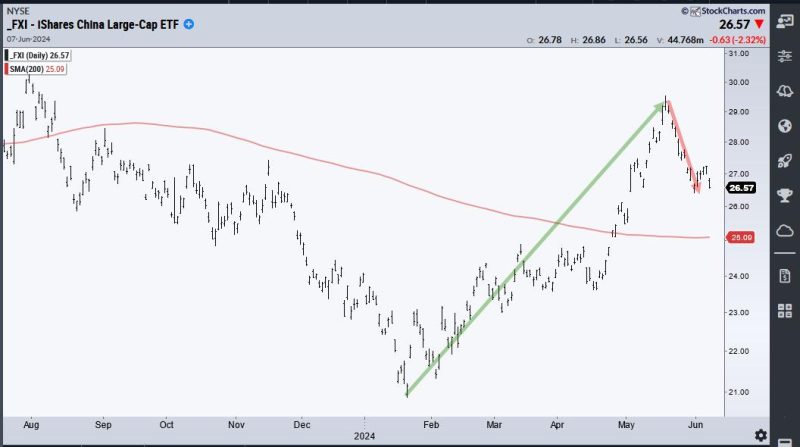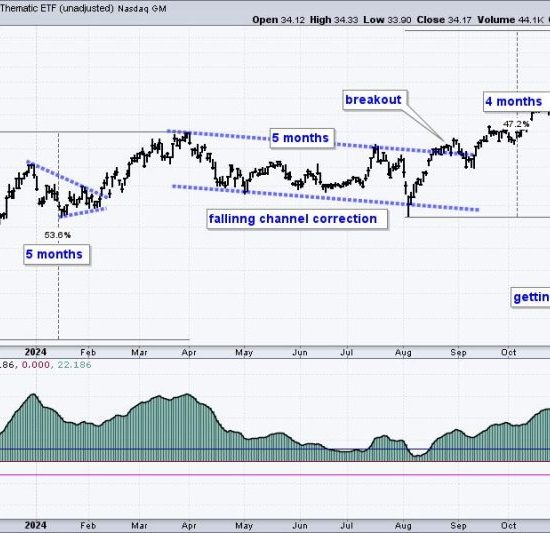Body:
Alibaba’s story is one widely known in the global e-commerce and technology industry. As a dominant player, Alibaba has often stood at the crossroads of regulatory scrutiny, competition, and growth. Its return to the ‘Scene of the Crime’, metaphorically speaking, holds a multitude of implications.
Indeed, the ‘scene of the crime’ here does not imply any literal criminal act. Instead, it represents Alibaba’s larger issue of initial public offerings (IPOs) and its interaction with market regulation dynamics. The launch of Ant Group, an affiliate of Alibaba, in what was to be the world’s largest IPO, was halted by Chinese regulators in November 2020. This move cast a long shadow over Alibaba’s expansion plans, marking a significant setback for the tech giant.
In its return to this metaphorical crime scene, Alibaba is determined to demonstrate a renewed commitment to compliance with regulatory standards. This pivot in approach has been triggered by the costly misstep with the Ant Group’s unsuccessful IPO attempt and China’s regulator’s imposed record $2.8 billion antitrust fine on Alibaba in April 2021.
Even though Alibaba has always displayed a knack for resilience, the tightening regulations and growing competition provide ample resistance. Alibaba’s return involves recalibrating its plans for future growth. One expected shift is Alibaba’s increased attention to its core e-commerce business, an area that has suffered from the company’s ambitions to dabble in various sectors.
The Ant Group experience was a costly lesson. However, under the stewardship of Daniel Zhang, Alibaba’s CEO, the company has shown resilience and a willingness to adapt. The company is now more inclined to engage positively with regulators in both domestic and international markets. The turning point was the restructuring of Ant group, a hitherto unregulated behemoth, into a financial holding company under the purview of China’s central bank.
Following these regulatory pressures, Alibaba also aims to revolutionize its corporate culture. Employee welfare and satisfaction have been brought into focus, and the highly criticized 996 work culture (9 a.m. to 9 p.m., six days a week) is being reconsidered. Such developments suggest a slow but meaningful shift in the company’s ethos.
At the heart of their return, Alibaba still commands robust financials and an indomitable position in China’s e-commerce landscape. Despite potential hurdles, the company’s immense customer base of over 800 million active users in China alone offers a reassuring buffer against the storm. The future of Alibaba, as it returns to the scene of the crime, is optimistic, betting on a combination of enhanced regulation compliance, operational adjustments, and a renewed focus on customer satisfaction.
In conclusion, Alibaba’s metamorphosis and its return to the scene of the crime could be perceived as a rite of passage for tech giants operating at such a large scale. Facing regulatory challenges head-on and using these experiences to carve a path defined by compliance and transparency could be the catalyst to sustainable growth in an unpredictable landscape.




